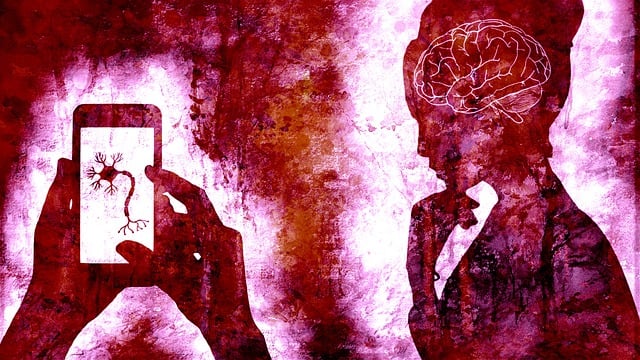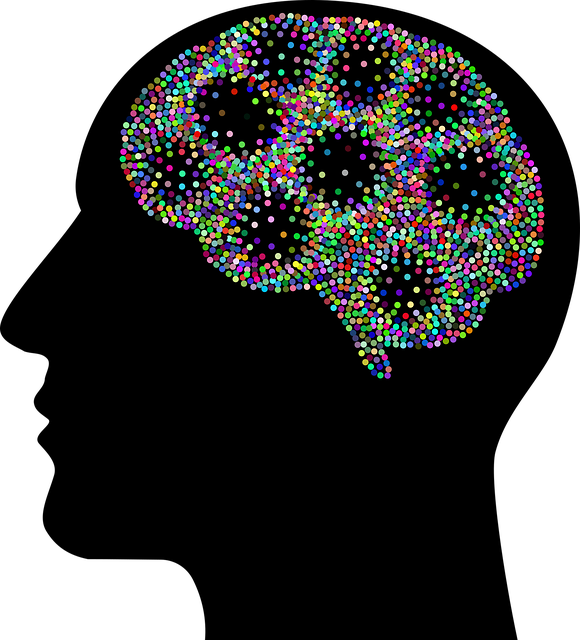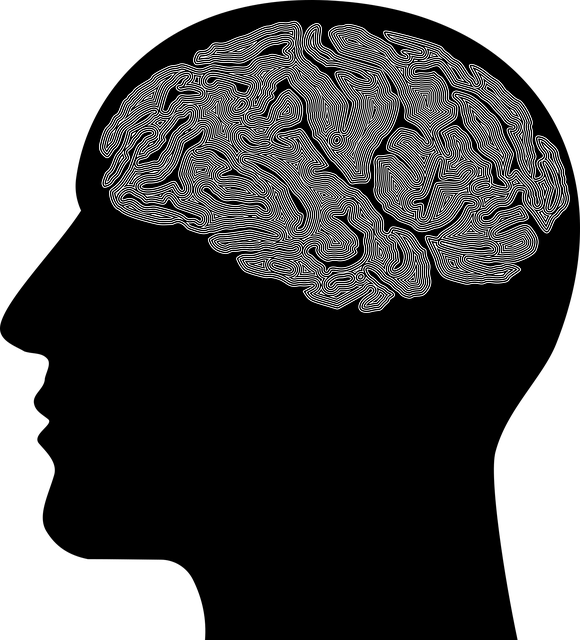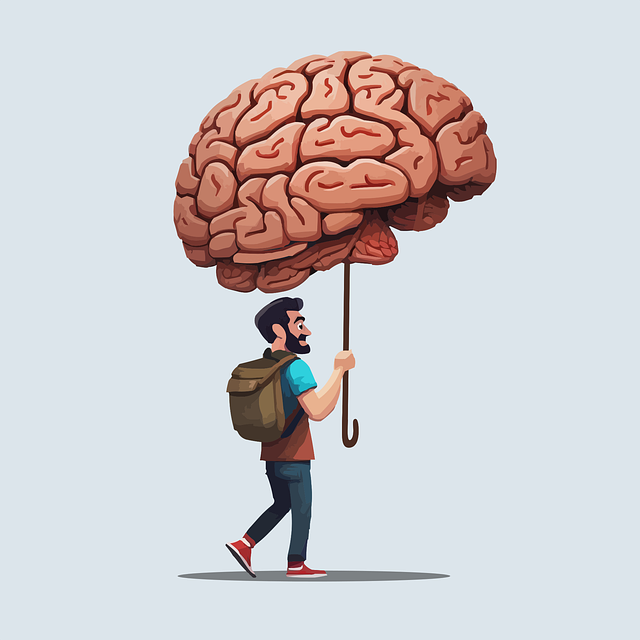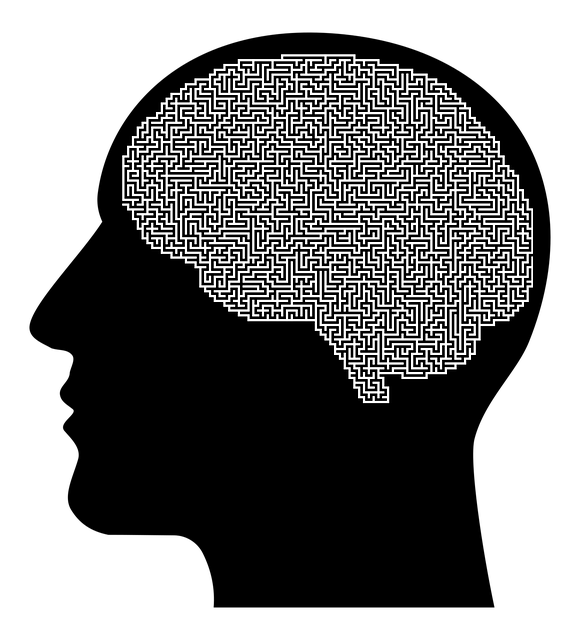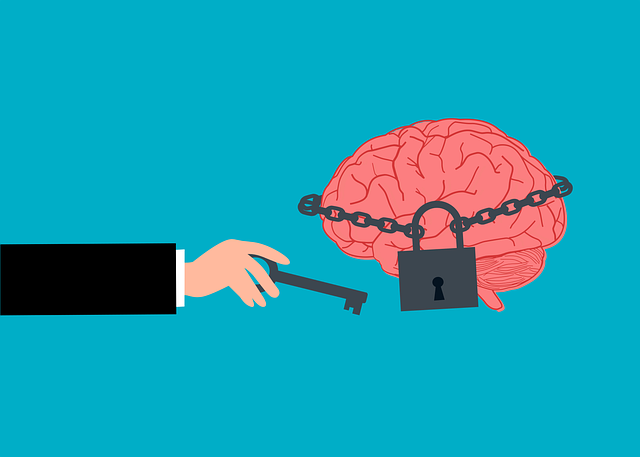Golden Self-Esteem Therapy (GSET) is a holistic approach to mental well-being, focusing on social skills development and emotional regulation. By integrating evidence-based practices such as cognitive behavioral therapy (CBT), mindfulness, role-playing, and journaling, GSET empowers individuals to overcome low self-esteem, social anxiety, and relationship conflicts. This comprehensive method fosters confidence, empathy, and positive thinking, enabling better engagement in social settings and improving overall mental health, especially for healthcare providers facing additional challenges.
Social skills training is a powerful tool for managing mental health conditions. This comprehensive guide explores the intricate link between social interactions and psychological well-being, highlighting how self-esteem plays a pivotal role in fostering meaningful connections. We present effective strategies to develop and enhance social skills, emphasizing practical approaches. Furthermore, we delve into Golden Self-Esteem Therapy as an innovative integration, offering a unique perspective on improving social functioning and overall mental health.
- Understanding the Link Between Social Skills and Mental Health
- The Role of Self-Esteem in Social Interactions
- Strategies for Developing and Enhancing Social Skills
- Integrating Golden Self-Esteem Therapy into Social Skills Training
Understanding the Link Between Social Skills and Mental Health

Social skills are integral to our overall well-being, and their impact on mental health is profound. Many mental health conditions can stem from or exacerbate social isolation, making it a crucial aspect to address in therapy. Golden Self-Esteem Therapy, for instance, recognizes that low self-esteem and social anxiety often go hand in hand. By focusing on developing essential social skills, this therapeutic approach aims to boost clients’ confidence in interpersonal interactions, fostering better mental health outcomes.
Emotional regulation is another vital link. Effective communication strategies, taught through Mental Health Education Programs Design, can help individuals express their feelings constructively, reducing the risk of escalations and promoting positive relationships. Moreover, social skills training often incorporates stress reduction methods to manage anxiety in social situations. These techniques, when combined with a supportive environment, can significantly enhance one’s ability to navigate social challenges, leading to improved mental health and overall quality of life.
The Role of Self-Esteem in Social Interactions

Self-esteem plays a pivotal role in shaping individuals’ social interactions and overall mental well-being. For those navigating mental health conditions, cultivating healthy self-esteem becomes an essential tool for improving social skills. Golden Self-Esteem Therapy focuses on empowering individuals to develop a positive sense of self, which is the foundation for meaningful connections with others. By addressing underlying insecurities and negative thought patterns, this therapeutic approach enables clients to engage in social situations more confidently.
The process involves learning effective coping skills development, empathy building strategies, and fostering an environment where individuals can challenge distorted beliefs about themselves. As their self-esteem grows, so does their ability to initiate conversations, maintain eye contact, and interpret social cues accurately. This improved confidence translates into better relationships, increased social support, and a more positive mental health policy analysis and advocacy approach, ultimately leading to enhanced overall well-being.
Strategies for Developing and Enhancing Social Skills

Social skills training is a powerful tool for individuals navigating mental health conditions, offering a pathway to improved relationships and enhanced overall well-being. A key aspect of this training involves teaching practical strategies that foster meaningful connections with others. One effective approach is encouraging individuals to embrace self-acceptance and cultivate a positive self-image, which forms the foundation for healthy social interactions. Techniques like cognitive behavioral therapy (CBT) can help challenge negative thought patterns, boosting self-esteem and confidence in social settings.
Additionally, role-playing exercises and group discussions provide safe spaces to practice communication skills, navigate social cues, and build empathy. These activities allow participants to simulate real-life scenarios, receive feedback, and learn from peers’ experiences. Incorporating burnout prevention strategies for healthcare providers, such as mindfulness practices and stress management techniques, can also benefit individuals with mental health conditions who may face additional challenges in social situations due to their workload or personal struggles. Community outreach program implementations that include mental wellness journaling exercises can further empower participants to track progress, identify triggers, and celebrate achievements in building social skills.
Integrating Golden Self-Esteem Therapy into Social Skills Training

Integrating Golden Self-Esteem Therapy (GSET) into social skills training offers a powerful approach to enhancing mental health and fostering meaningful connections. GSET focuses on cultivating self-worth, resilience, and positive thinking, which are fundamental building blocks for effective social interaction. By combining this therapy with structured social skills training, individuals can learn to navigate social situations with greater confidence and emotional control.
This integrated approach leverages the Mind Over Matter Principles to counteract negative thought patterns often associated with mental health conditions. It empowers participants to reframe challenges as opportunities for growth, thereby improving their ability to engage in healthy social exchanges. Additionally, GSET’s trauma-support services can help individuals process and overcome past traumas that might hinder their ability to connect with others, enabling them to build stronger, more supportive relationships.
Social skills training, enhanced by evidence-based practices like Golden Self-Esteem Therapy, plays a pivotal role in improving mental health outcomes. By addressing the intricate relationship between social abilities and mental well-being, individuals can develop resilience, foster meaningful connections, and lead more fulfilling lives. This comprehensive approach, which integrates self-esteem building with practical skill development, offers a promising path towards recovery and enhanced social integration for those navigating various mental health conditions.
